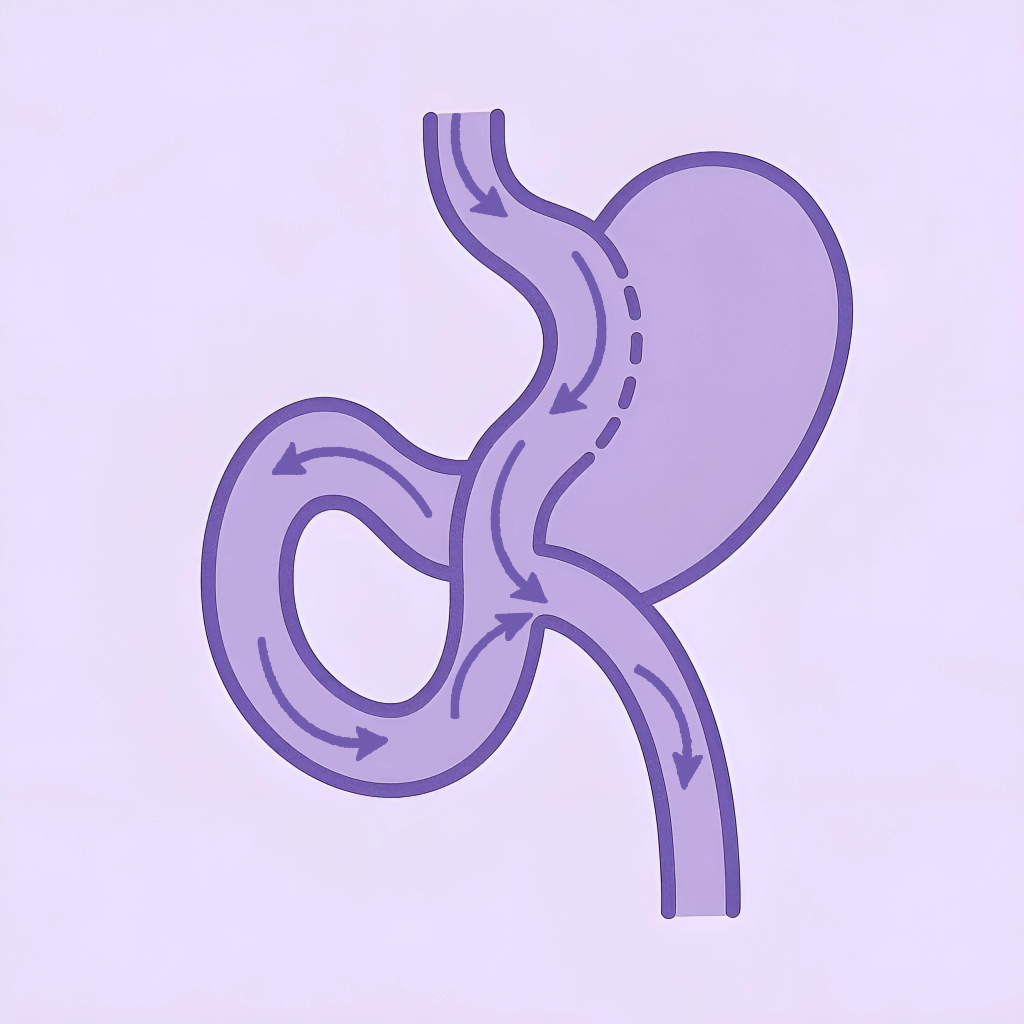Anti Reflux Surgery







Anti-reflux surgery is a procedure to treat chronic acid reflux (GERD), preventing stomach acid from flowing into the esophagus.
Overview
Anti-reflux surgery, or fundoplication, is performed to treat gastroesophageal reflux disease (GERD), a condition where stomach acid frequently flows back into the esophagus, causing heartburn, regurgitation, and irritation. This surgery reinforces the lower esophageal sphincter (LES), preventing acid from escaping the stomach.
The most common procedure is Nissen fundoplication, where the upper part of the stomach is wrapped around the esophagus to strengthen the LES. Other variations, such as Toupet or Dor fundoplication, may be used depending on the patient’s condition. The surgery is typically performed using a minimally invasive laparoscopic approach for faster recovery.
When is Surgery Recommended?
Anti-reflux surgery is recommended for individuals with severe GERD, chronic heartburn, or regurgitation that does not respond to medication or lifestyle changes. It is necessary when reflux symptoms lead to complications like esophagitis, Barrett’s esophagus, or difficulty swallowing.
This procedure is often chosen by patients who rely on long-term acid-suppressing medications, experience frequent reflux despite treatment, or suffer from nighttime reflux affecting sleep and quality of life. It is also beneficial for individuals with hiatal hernias contributing to reflux symptoms.
Procedure Details
Anti-reflux surgery strengthens the lower esophageal sphincter by wrapping the stomach around the esophagus to prevent acid reflux.
Anesthesia is administered for patient comfort.
Small incisions are made for laparoscopic surgery, or a larger incision is used for open surgery.
The upper part of the stomach is wrapped around the esophagus (full or partial fundoplication).
The stomach wrap is secured to reinforce the lower esophageal sphincter.
The incisions are closed, and post-operative monitoring begins.
Recovery
Recovery from anti-reflux surgery is usually quick, with most patients resuming normal activities within one to two weeks. Some may experience temporary difficulty swallowing, bloating, or mild discomfort, which typically improves within a few weeks.
We provide personalized aftercare, including dietary adjustments, gradual reintroduction of solid foods, and follow-up monitoring to ensure proper healing. Patients are advised to eat smaller meals, avoid carbonated drinks, and limit acidic foods to support long-term success.
Have questions about your treatment?
Our team is available 24/7 with multilingual support.

Frequently Asked Questions
Find answers to common inquiries.
Need personalized support?
WhatsApp us for a quick response—we reply within minutes.
What types of surgeries does Dr. Gül specialize in?
Why choose Türkiye for surgical procedures?
What is the recovery time for most surgeries?
What bariatric procedures are offered at the clinic?
How much weight can I expect to lose after bariatric surgery?
What languages does Dr. Gül and his team speak?
Will I need to take supplements after bariatric surgery?
Does insurance cover these procedures?
Can I combine treatment with travel in Turkey?
What support is available after surgery?
Our Expertise

Sleeve Gastrectomy
Minimally invasive surgery for long-term weight loss with a simple procedure and no rerouting.

Mini Gastric Bypass
Simpler, less invasive gastric bypass for significant weight loss and diabetes control.

Gastric Balloon
A non-surgical, temporary option for moderate weight loss without permanent stomach changes.
Follow Dr. Gül on Instagram





